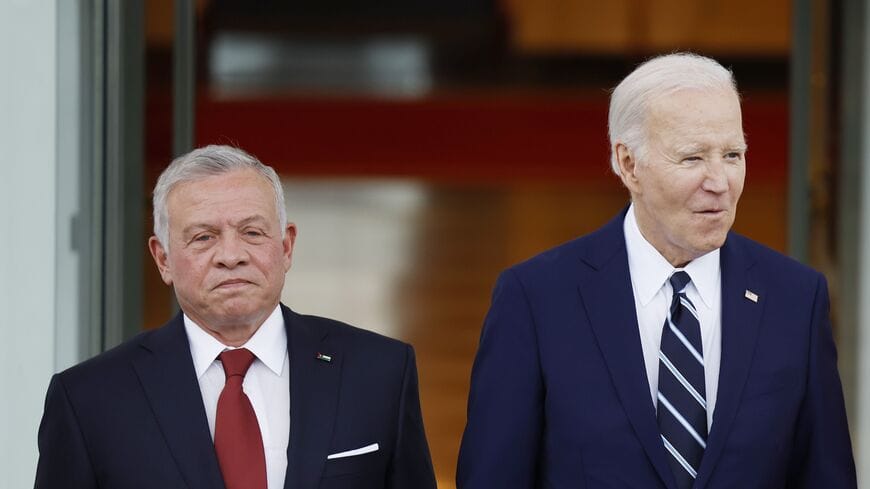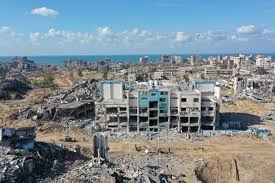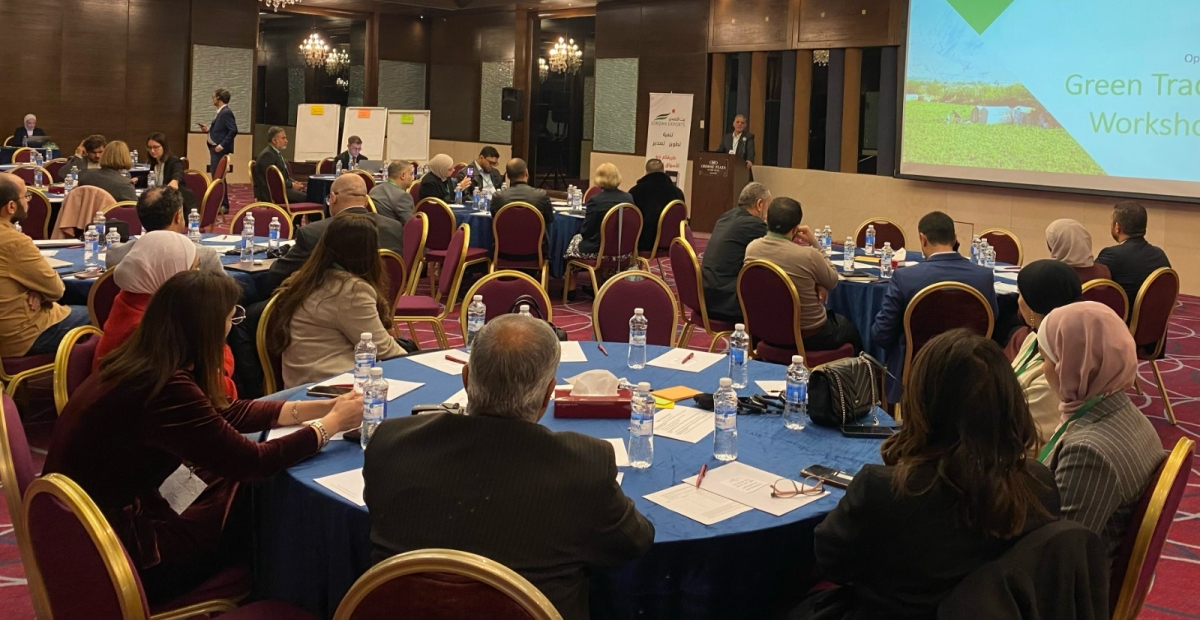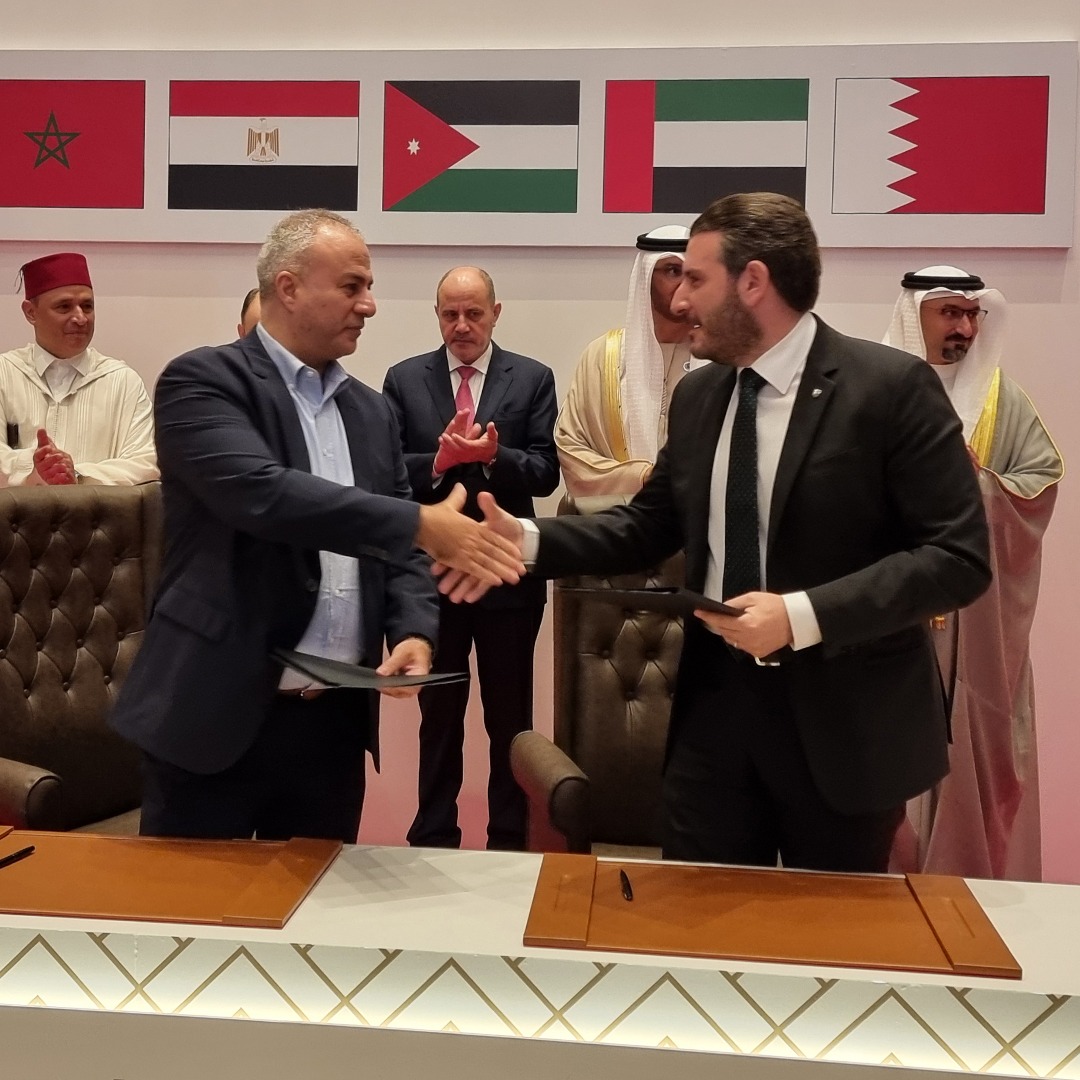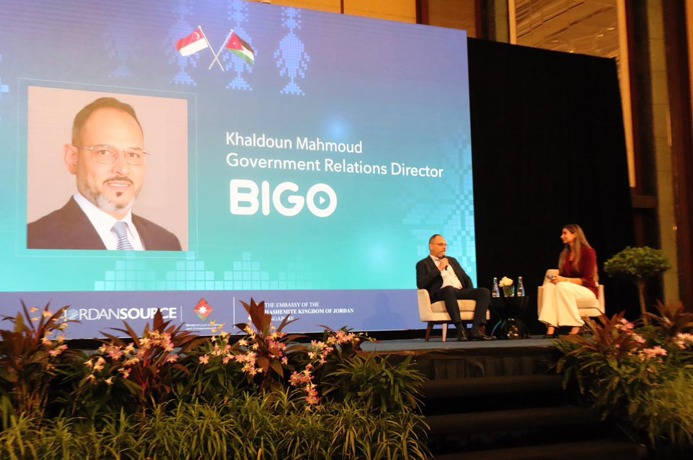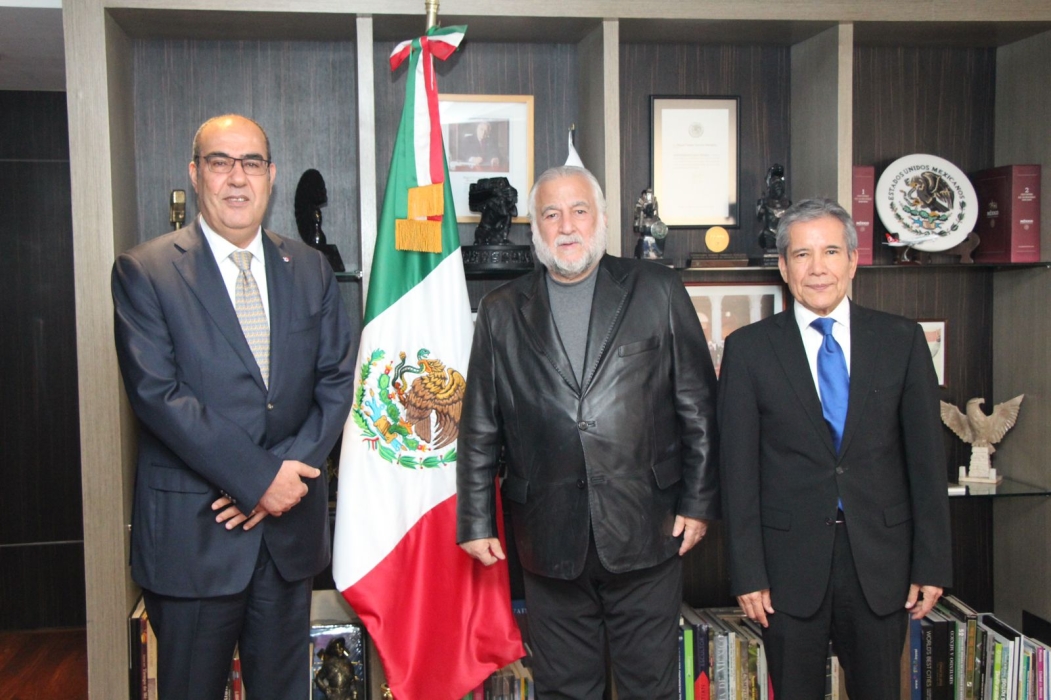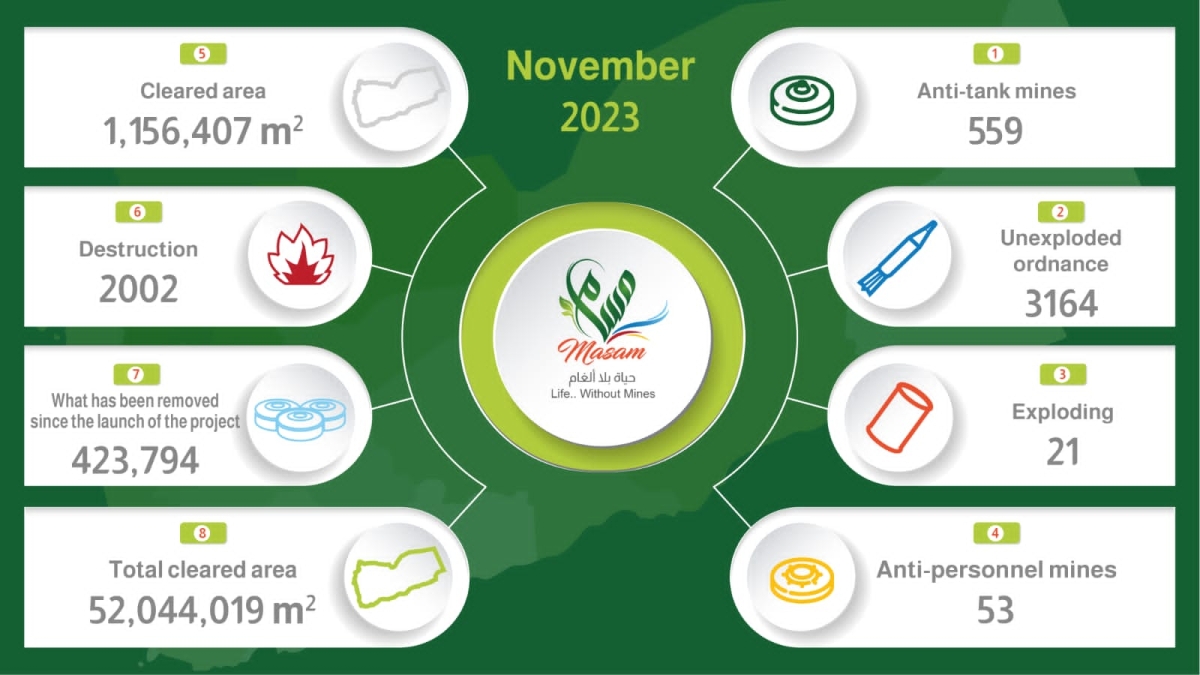Al-Azaiza: The Following Stage Will Be Constructed Along the Lines of Political Modernisation
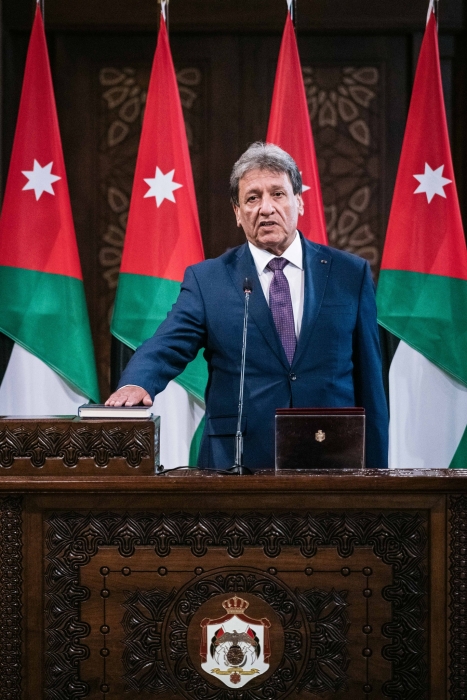
Al-Anbat -
Al-Anbat-MAYS ALSHAWABKEH
Engineer Wajeeh Al-Azaiza, Minister of Political Affairs and Parliament, stated that the path toward modernizing the political system will be constructed at the following stage, noting that the infrastructure relating to the growth of political action in Jordan has been designed, started, and advanced to very advanced stages.
Al-Azaiza added while serving as anchor of the "Sixty Minutes" program "ستون دقيقة" that was televised in Jordan. What was completed in the final stage on Friday night was a strategic vision for the State and not a phased vision, as it is a supreme national interest that should be upheld by all. The elements of its formation came from a royal commission that included representatives from all facets of Jordanian society, and as a result, its outcomes came from a consensus among all to transition to a sophisticated political system.
The evolution of party life in Jordan, the election law, and the constitutional amendments that complemented the ones made in 2011 were the determining factors in light of this vision, with the understanding that there was a desire to form these parties seriously in terms of quantity and participation in public life. This shows that there is a tendency for alliances to form amongst strong parties and that these parties have been given time to fix their situation in order to prevent fragmentation and weakness.
Al-Azaiza emphasized that the criteria outlined in the Parties' Act were intended to safeguard democracy in all of its fullness, and a law was passed to ensure that individuals in charge of the process were impartial and free from any biases.
He emphasized that everyone had viewpoints, which would be taken into account by the polls, which should determine the political course, and that the State stood at a single distance from the parties because that was the basis for political action and the State could not take sides at the expense of one.
He discussed the political modernization of the Parties Act and the creation of a system of party activities at universities, noting that there had been contact with parties and institutions of the civil society to put that vision into action. This was one of the priorities for extending the base of participation in the political process, which would be gradual and address earlier situations that had negative repercussions and responses.
He urged organizations of the civil society to seize this historic opportunity, engage in it, and lead their constituents toward the coming transition, which would be driven by the next generation of media, technology, and scholars. He noted that the right paths were set in coordination with the relevant ministries to frame political life civil society, with a government effort that must be matched by a similar effort from civil society institutions. He encouraged investing in the youth component to achieve positive results in the future.
In order to achieve the targeted party life in accordance with the three phases defined for reaching party governments, it was the responsibility of the government, parties, and civil society institutions to gradually increase young and female participation.
What we interpret is motivation and encouragement to pursue actions that favor modernization routes, Al-Azaiza stated in reference to the message from the most recent royal visit to the Prime Minister's House. Noting that the message of political, economic, and administrative modernization pathways is that of a State, not a Government; that these pathways are interdependent and inseparable; and that the implementation of these pathways is not solely the responsibility of the Government, but rather that the Government recognizes that it has the authority to implement these pathways for all. Every period, her trajectory must be reviewed, and any disadvantage on her team must be revealed.
Al-Azaiza pointed out that some discussion of fragmentation does not serve the national interest and that the insights discussed are cross-government in nature and call for engagement from all parties.
Priorities in the upgrading of the economic vision included the formulation of rules governing economic activity, leading to the adoption of the Investment Environment Act with input from numerous industries and legislative bodies in Parliament.
Al-Azaiza discussed the successes of the administration in preserving stability following the coronavirus outbreak and throughout the Ukrainian crisis, stating that the government's economic assessment with donors transformed our status from one of stability to optimism.
Al-Azaiza also discussed the function of the media in influencing public opinion to accept the truth. He emphasized how crucial the media's function is to achieving the highest national interest. We must move away from disobedience and hesitation and act in accordance with subjective desires that are antithetical to the national route. We can do this by using our media message, all of our prominent institutions, and the "social media."
Al-Azaiza stressed that the Government's relationship with the House of Representatives was one that was totally participatory and that it could not be decided since the House and the Government could not operate independently.
Al-Azaiza stressed the significance of distinguishing between organizations and people, pointing out that the parliamentary body is a legislative one and that it is the responsibility of the government to uphold its reputation. He added that the government hopes that these institutions will be seen by its citizens in the way it desires.
Al-Azaiza stated his opinion that the current situation we are in is a result of the first stage of the Jordanian State, which was the construction and completion phase, and that we have been able to overcome obstacles and challenges. He added that the fundamental guarantee of the bicentennial transition is the recognition in each Jordanian's conscience that government and the State are interdependent and interrelated. The visions that will guide us to ensure our road to the second phase in the highest national interest are centered on this correlation, which has faced numerous challenges. The path cannot be lazy, slow, or ineffective.
Al-Azaiza mentioned transnational parties, saying that they existed at a specific moment. It wasn't a unique Jordanian circumstance. It was present all across the area. It has been surpassed by the State's professionalism and capacity to manage both internal and external files. The parties must avoid discussing ideologies throughout the following course. Through the implementation of programs that maintain the security and stability of the State, in line with the programs that are compatible with Jordan's paramount interest, so that the electoral programs are separated from the polling places.
Al-Azaiza reaffirmed that the transition to partisan governments necessitates significant effort and cooperation from all National agencies and societal institutions. Everyone must also understand that we are in the midst of a historic national strategy that we must develop, maintain, and prevent from going overboard.
